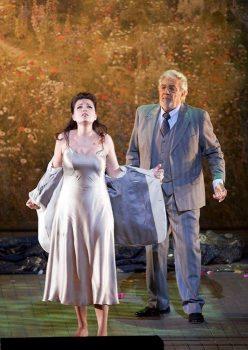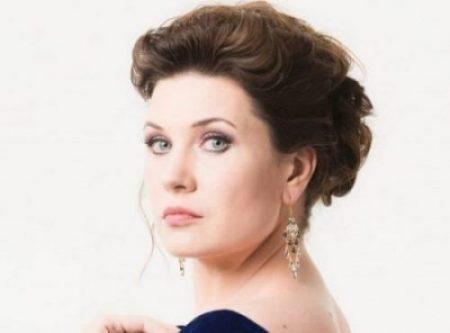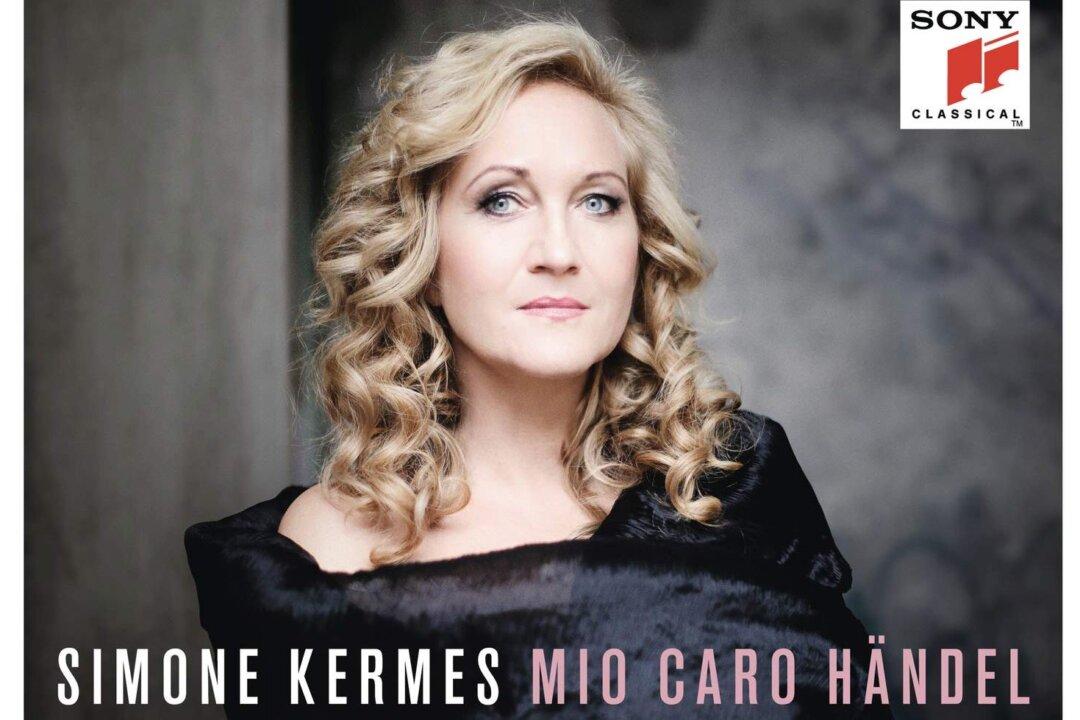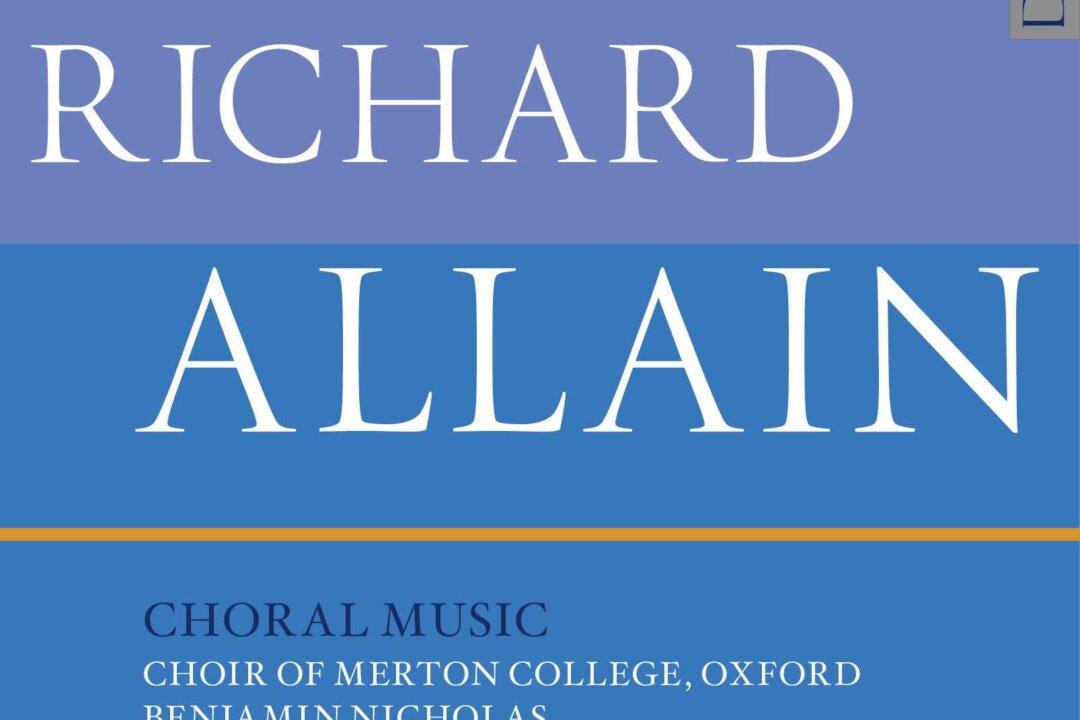
Marina Rebeka as Violetta in Verdi’s “La Traviata,” with Plácido Domingo as Germont, at the Vienna State Opera. Michael Pöhn
Latvian soprano Marina Rebeka has recently released a new recital disc of bel canto arias by Vincenzo Bellini, Gaetano Donizetti, and Gaspare Spontini—“Spirito”—and it was produced by her new recording label, Prima Classic.





